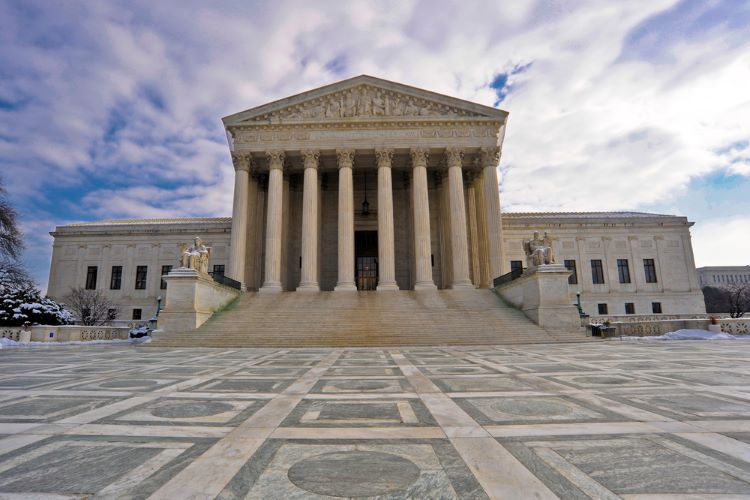Church-shooting bond judge was reprimanded for N-word advice; comments at hearing bring debate
The South Carolina judge who presided in the bond hearing for the white man accused of the racially motivated Charleston church shootings was reprimanded in 2005 for using the N-word in a 2003 court hearing.
Magistrate James Gosnell Jr. of Charleston County did not grant bail on Friday for Dylann Roof, 21, in the nine murder charges he faces, as required by state law. Another judge will be hearing pretrial motions in the case.
The Huffington Post and CNN have stories on the 2005 reprimand, which stems from two incidents in 2003.
At a 2003 bond reduction hearing, in which Gosnell knew the black defendant and his family, Gosnell recalled this statement, which he had heard from a sheriff’s deputy: “There are four kinds of people in this world–black people, white people, red necks, and n——.” According to the public reprimand, Gosnell “alleges he repeated this statement to the defendant in an ill-considered effort to encourage him to recognize and change the path he had chosen in life.”
In the second 2003 incident, Gosnell sought to secure the release on bond of a judge in another county, who was charged with driving under the influence, before the usual bond hearing held at 8 a.m.
Meanwhile, Gosnell’s comments expressing sympathy for Roof’s family at the beginning of the bond hearing on Friday “stuck in the craw of some members of the Charleston community,” the Washington Post reports. Gosnell made this statement: “We have victims, nine of them. But we also have victims on the other side. There are victims on this young man’s side of the family. No one would have ever thrown them into the whirlwind of events that they have been thrown into.”
At a prayer vigil on Friday evening, the Rev. Curtis Gatewood commented on Gosnell’s remarks about Roof’s family, saying Gosnell had already forgotten the victims. In an interview with the Washington Post, Gatewood said Gosnell’s remarks were typical of the tendency to give the benefit of the doubt to whites charged with crimes.
“We never hear that kind of thing when young African American males are charged with much less than that,” Gatewood told the newspaper.



